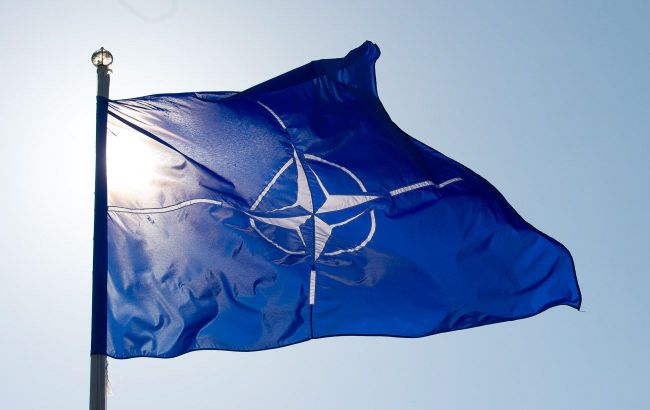NATO outlines possible response scenarios to Russian hybrid operations and cyberattacks
 Photo: NATO describes a possible scenario for responding to Russia's cyberattacks (Getty Images)
Photo: NATO describes a possible scenario for responding to Russia's cyberattacks (Getty Images)
Any NATO country may request protection from the Alliance against Russia's hybrid operations and cyberattacks. This point is regulated by the relevant article of the North Atlantic Treaty, a NATO official says.
He states that ultimately, it all depends on what actions Russia would continue to take. He emphasizes that they were very clear about the fact that in the field of cyber operations, things could go beyond Article 5, as well as hybrid sabotage operations.
The NATO representative also adds that, ultimately, the country that suffers from such attacks may ask for protection from the Alliance.
At the same time, he emphasizes that none of them has done so so far.
Background
The principle of collective defense is central to the NATO treaty. Thus, according to the Alliance's website, collective defense means that an attack on one of the NATO members will be considered an attack on all NATO members. This principle - the principle of collective defense - is enshrined in Article 5 of the North Atlantic Treaty.
For the first and only time in its history, the Alliance invoked Article 5 after the September 11, 2001, terrorist attacks against the United States. In addition, it has taken collective defense measures several times, including in response to the situation in Syria and Russia's invasion of Ukraine.
Earlier, President of Ukraine Volodymyr Zelenskyy said that Europe is on the verge of a time when the issue of NATO Article 5 will be decided in European capitals, not by the United States.

